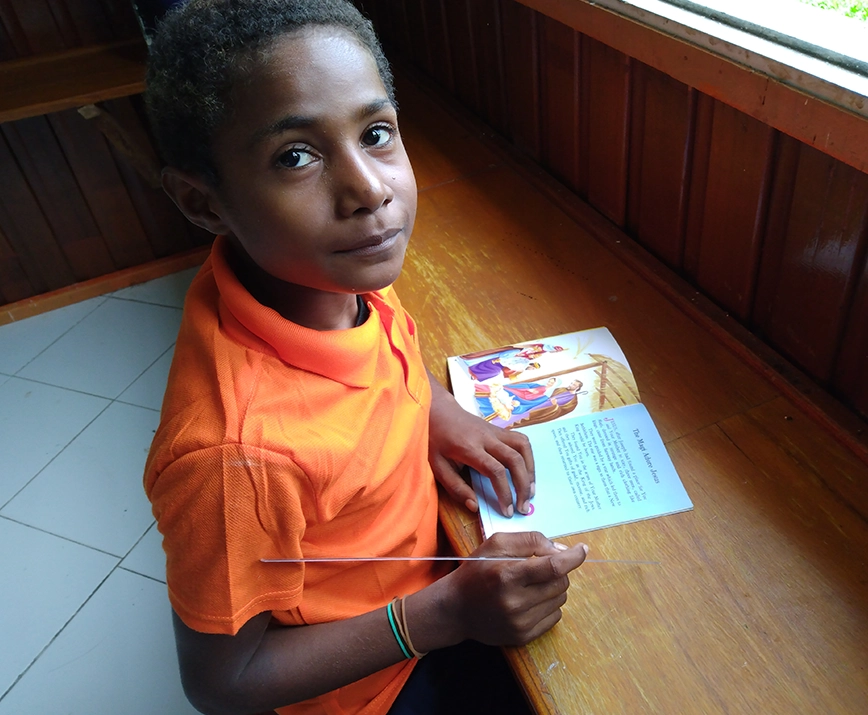Our Objectives
We aim to form young people who will be capable of living out “solid principles, with coherent actions and charity in relationships” (Ed. Trans. John Paul II, Cordova-Arg, 09-21-1988).
HTHA Mission
(In the words of Fr. Carlos M. Buela, founder of the IVE Religious Family)
His Holiness John Paul II magnificently summarized the goal of Catholic education speaking to high school students: “And so the purpose of Catholic education is to communicate Christ to you, so that your attitude toward others will be that of Christ.” (Address to High School Students, Madison Square Garden, New York, October 3, 1979). Therefore, this is our principal goal: to form “other Christs” who act like Christ.
For this goal, a solid spiritual foundation is not enough. It is also necessary to have a deep education and training of the intelligence and the will, of creative imagination and manly character, of aesthetic sensibility and bodily agility, of social solidarity and personal commitment, of responsibility and courtesy, of dialogue and service, of respect for others. Furthermore, one of knowing the reason for which we hope, of nobility of life, of inalienable liberty, the inviolability of the conscience, the necessary discipline for developing talents, the hierarchy of values, nobility of soul, of preferential love for the poor. In the end, it deals with attaining young people with “princely spirit,” that is young people with principles, as King David asked for. (cf. Ps 50)

We aspire to give youth a hierarchical formation. That is to say, for them to know that we are something in order to live, that we live in order to feel, that we feel in order to think, that we think in order to pray. Said in other words, what we have in common with the rocks and minerals should be at the service of what we have in common with plants, and this in service to what we have in common with the animals, and this to what we have in common with the angels, and this to what we have in common with God. Each formality has real being and proper laws that are not watered down, nor destroyed by the superior formality, but elevated, dignified, perfected and ennobled. Just as we have the body, “as matter and instrument of the soul,” moved by an exterior principle; the operations moved by an interior principle through a bodily organ and in virtue of some bodily quality: vegetative life; the operation through a bodily organ without any corporal quality: sensitive life; the operation that outbids the corporal nature that it does not even exercise through the bodily organ: rational life (cf. S.Th. I, q.78, a.1). This is why the Greeks called man “microcosms.”
With this we desire to bring about multifaceted vocational responses in young people, so that they cultivate their physical, aesthetic, social, artisanal, literary, civil, intellectual talents, and finally, their cultural talents.
Summarizing: we consider that thus we provide a channel for “the social concern of the Church, directed towards an authentic development of man and society which would respect and promote all the dimensions of the human person…” (John Paul II, Sollicitudo rei socialis, 1). It deals with forming young people who will be capable of living out “solid principles, with coherent actions and charity in relationships” (Ed. Trans. John Paul II, Cordova-Arg, 09-21-1988).
It is to form young people who, because of the formation received, can always say like the most Holy Virgin: “Fecit mihi magna” (“The Almighty has done great things for me”, Lk 1:49).
